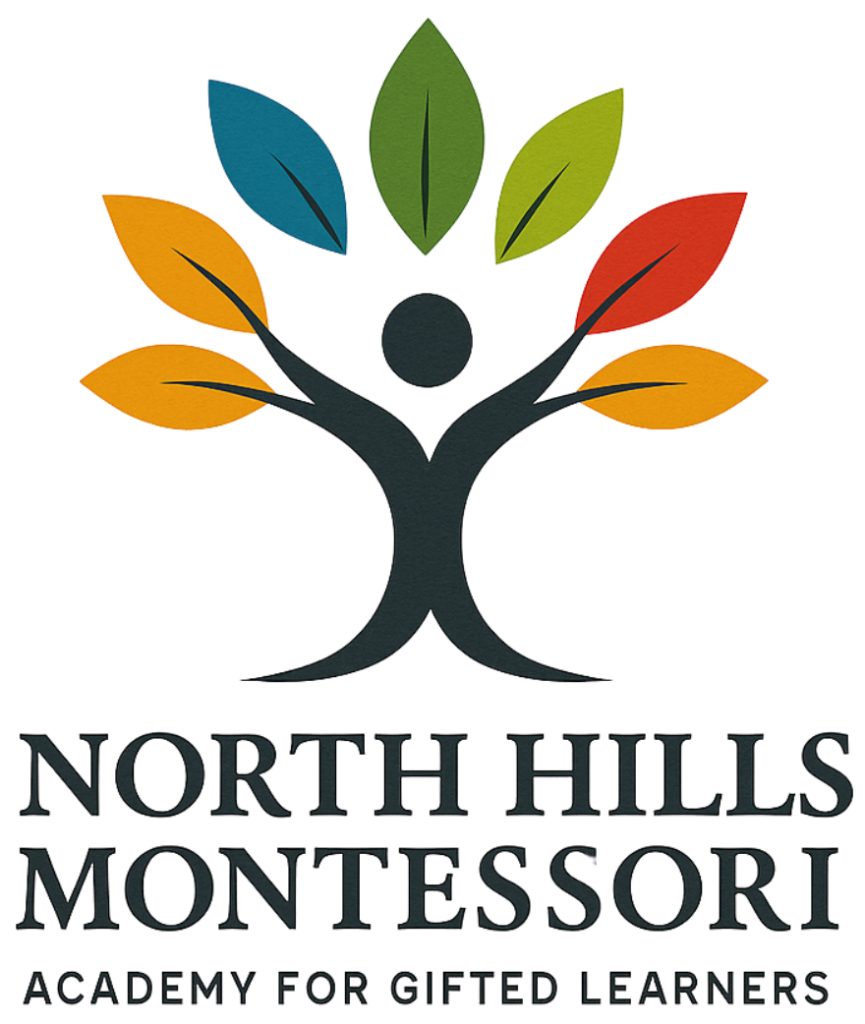Programs & Curriculum
Exceptional Learning for Children Ages 2 to 5
At North Hills Montessori, we specialize in the most transformative years of a child’s life—ages 2 through 5. These are the years when identity, independence, and intelligence are truly formed. In this critical window, we provide the highest quality Montessori education, blending proven pedagogy with warmth, structure, and intention.
Our programs are designed for families who want their children to be more than ready for kindergarten—they want them prepared for life.
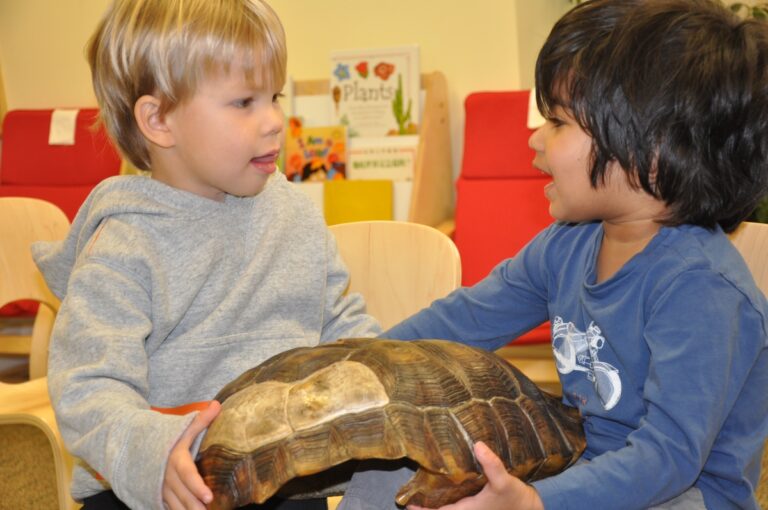
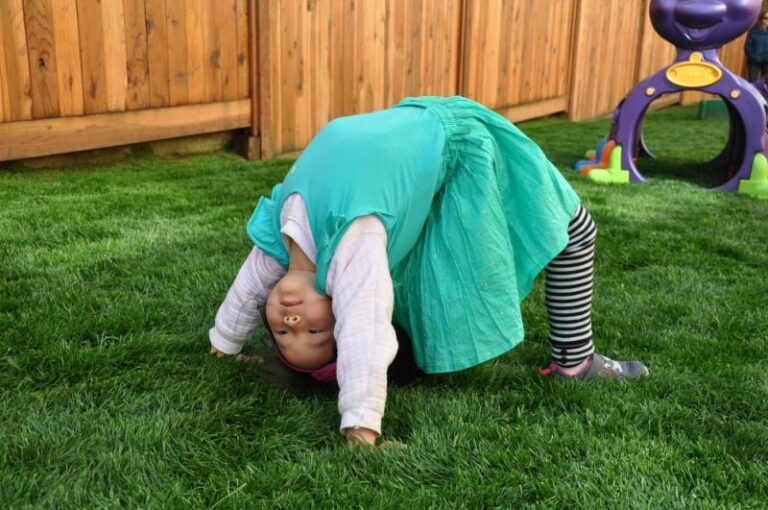
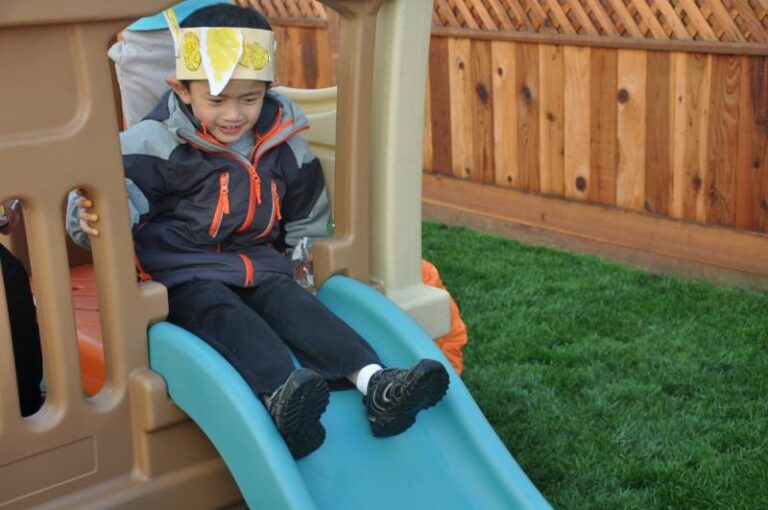
Toddler Program (Ages 2–3)
Building independence, language & emotional strength.
At age two, children are ready to explore their world with confidence. Our Toddler Program offers a beautiful, peaceful space where your child can begin to express themselves, solve problems, and learn essential life skills guided by nurturing, highly trained educators.
- Montessori based activities that develop fine motor skills and focus
- Hands on work that fosters independence and pride in achievement
- Rich language development through songs, stories, and conversation
- Emotional guidance and social development through gentle structure
- Grace & courtesy lessons to encourage empathy, kindness, & self-control
Primary Program (Ages 3–5)
Academics with depth. Leadership with heart.
In our Primary program, children are free to pursue their interests while being guided toward academic mastery and personal growth. They stay with the same teacher over multiple years, allowing deep relationships to form and giving them the confidence to rise into leadership roles as they grow.
- Advanced early literacy and math through tactile, beautifully designed materials
- Science, cultural geography, and nature exploration
- Strengthening of concentration, executive function, and emotional regulation
- Meaningful peer interaction that supports collaboration and mentorship
- A refined sense of order, rhythm, and personal responsibility
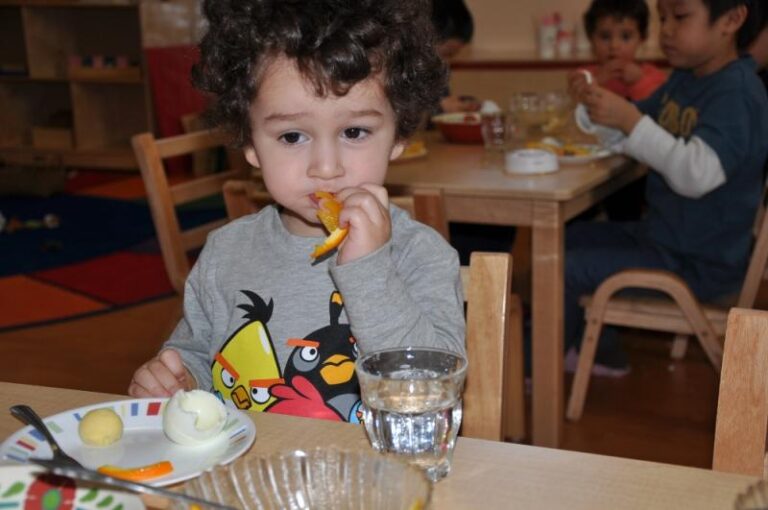

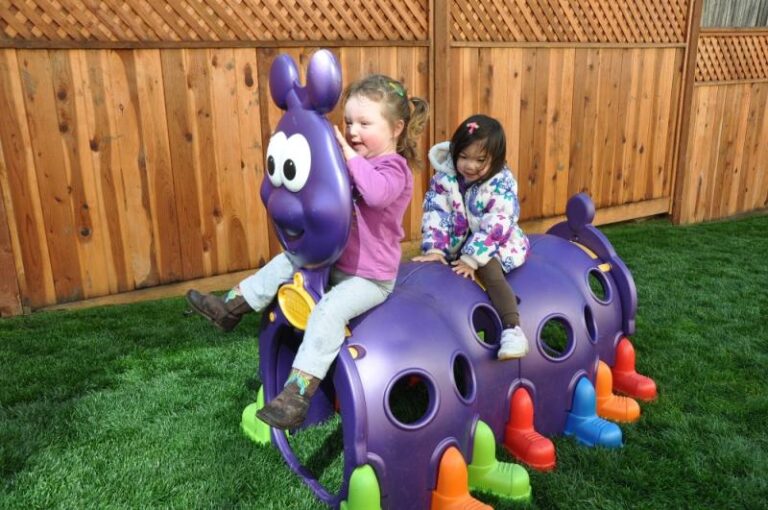
A Day at North Hills Montessori Academy
At North Hills, every day is thoughtfully designed to balance structure and freedom, concentration and play, independence and community. Our daily rhythm creates a peaceful, joyful environment where purposeful learning naturally unfolds.
Each day includes uninterrupted Montessori work cycles, outdoor play in our secure, nature-inspired space, curated enrichment activities, and intentional moments of joy, calm, and discovery. Here, children learn how to think—not just what to think.
There are no worksheets, no busywork—only meaningful experiences that spark curiosity, deepen focus, and leave a lasting imprint.
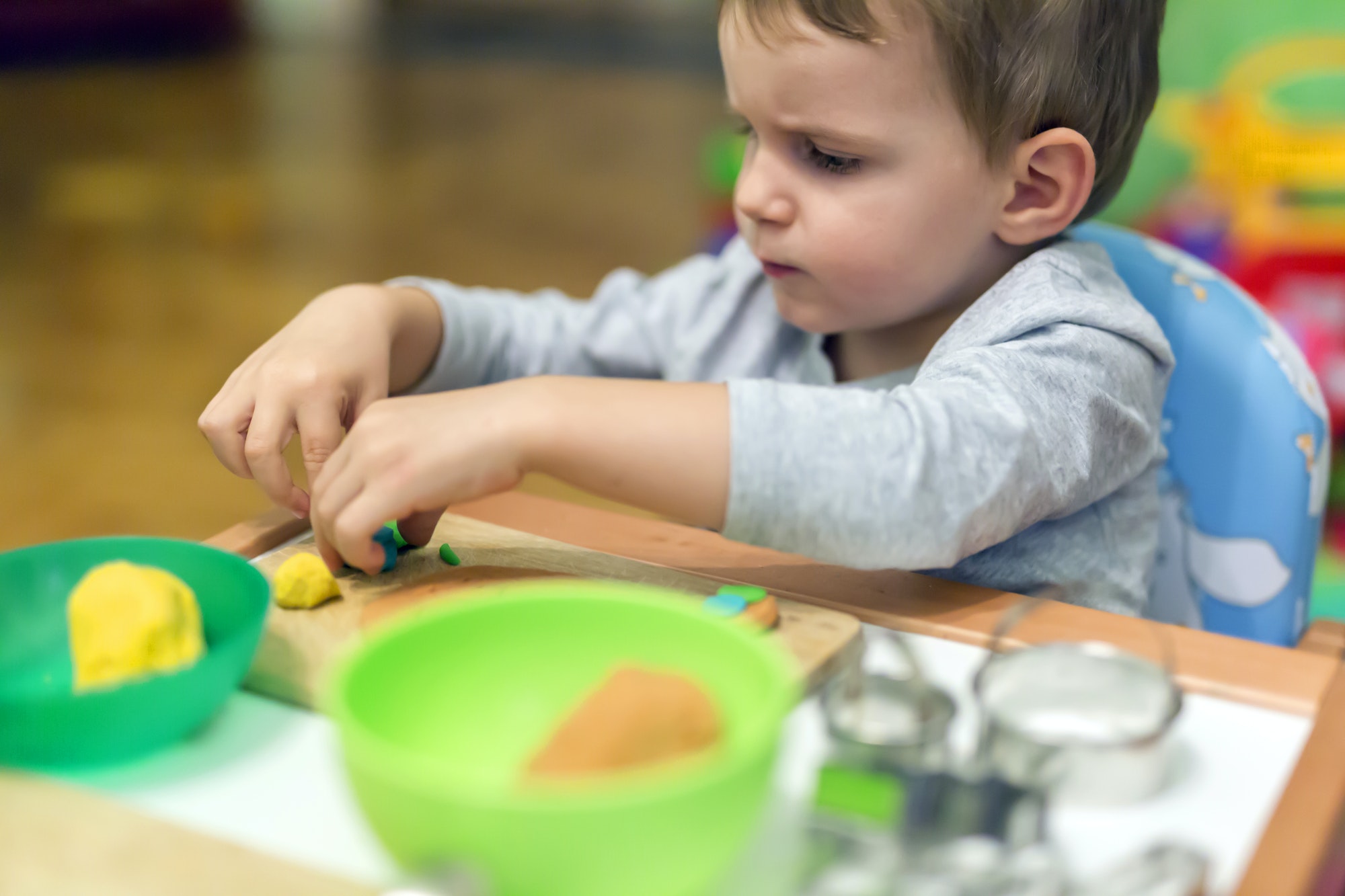
Expanding horizons through culture, movement, & creativity.
Signature Enrichment Programs
Our enrichment offerings are designed to enhance the Montessori experience with vibrant opportunities for self-expression, global awareness, and physical development.

Little Chefs
Our Little Chefs program invites children to cook dishes from around the world. While measuring, mixing, and preparing global recipes, they gain math, language, and fine motor skills all while exploring culture through taste, texture, and tradition. Favorites include Salvadorian pupusas, Armenian coconut cake, and Russian tea cookies.
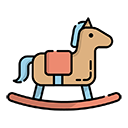
Soccer Shots
Soccer Shots blends imagination, character building, and physical development through engaging, age-appropriate soccer instruction. Each session highlights a core value such as respect or teamwork—while helping children build coordination, confidence, and a lifelong love of movement. Learn more at www.soccershots.org

Mandarin Language
Mandarin is introduced daily in a playful, engaging format. Through songs, art, storytelling, holiday celebrations, and hands-on activities, children explore language while building global awareness and an appreciation for cultural diversity.

Jamaroo Kids – Dance & Creative Movement
Each week, professional instructors from Jamaroo Kids lead a dynamic dance and movement class. Children explore rhythm, balance, body awareness, and expression through ballet-inspired movement, multicultural music, and joyful choreography. Learn more at www.jamarookids.com
Curriculum Areas
Practical Life:
The practical life area is often a child’s first introduction into a Montessori classroom. The exercises in this area instill care for oneself, other people and the environment. It is a holistic concept that prepares children indirectly for all other areas of the curriculum with order, concentration, control, fine and gross motor skills, as well as consideration and independence.
Exercises in this area are daily routines children have already observed at home: sorting, pouring, food preparation, sweeping, washing dishes, tying and buttoning. Children also learn forms of grace and courtesy such as pushing in chairs quietly, not interrupting others and returning materials to the shelves for the next child to use.
Sensorial:
The sensorial area is designed to develop all the senses of the children. Children are encouraged to work with height, weight, depth, color, size, sound, smell, taste, touch and the physical properties of the environment. Sensorial materials help children relate, classify, pair, observe and compare. Early geometry is introduced to the child through their senses as well through geometric solids.
Language:
The language area encourages a phonetic approach to learning how to read and write. Children learn that words are made of sounds, every sound has a symbol and every symbol has a unique shape. Children link the sound and symbol while tracing sandpaper letters with their fingers and saying the sound out loud. They then eventually progress to using the movable alphabet to build words and sentences. Exercises in the language area help children build a solid foundation for confidence and independence in reading and writing.
Mathematics:
The mathematics area aids children in a hands-on approach to learning the abstract concepts of basic math principles. All materials are concrete and utilize all the senses to further prepare children for later abstractive reasoning. Montessori mathematics focuses on numeration and the decimal system.
The early materials teach the very basics of quantity and symbols. Children learn naturally what 1 to 10 looks and feels like. They can hold and touch the differing quantities and is able to differentiate how one hundred is less than one thousand.
The later materials introduce the decimal system utilizing the bead bar units of tens, hundreds and thousands. Addition and subtraction are introduced as the child progresses and matures in this area.
Culture & Geography:
The culture and geography area teaches children concepts of land and water forms through specially designed globes. Children are introduced to continents and specific countries, the people, the cultures and the animals that belong there. They experience their music and art and learn to appreciate and respect for differences. They cook food from that country through nutrition projects and learn what it is like to live in another culture.
Science:
The science area gives the children a focus on botany and zoology. Concepts of living and non-living, vertebrae and invertebrate and parts of plants and animals are introduced and investigated through hands-on activities. Children are introduced to metamorphosis of tadpoles and silk worms through actual classroom experiences and observations. Nature walks, collecting leaves, measuring rain and observing the seasonal and weather changes help children understand our environment and the greatness of Mother Nature.
Daily Schedule
| Time | Activity |
|---|---|
| 8:00 – 8:30 AM | Children Arrive | Free Play, Story Time, Manipulative Materials |
| 8:30 – 8:45 AM | Hand Washing & Bathroom Time |
| 8:45 – 9:15 AM | Breakfast Time |
| 9:15 – 12:00 PM | Good Morning Circle & Montessori Work Period(Individual and small-group lessons in key areas) |
| 9:30 – 10:15 AM | Outdoor Play – Red Group |
| 10:15 – 11:00 AM | Outdoor Play – Blue Group |
| 11:00 – 11:45 AM | Outdoor Play – Yellow Group |
| 11:45 – 12:00 PM | Hand Washing & Bathroom Time |
| 12:00 – 12:30 PM | Lunch Time |
| 12:30 – 1:00 PM | Teeth Brushing & Bathroom Time |
| 1:00 – 3:00 PM | Nap Time (with soft music to create a peaceful rest environment) |
| 3:00 – 3:15 PM | Wake-Up & Bathroom Time |
| 3:15 – 3:45 PM | Snack Time |
| 3:45 – 5:15 PM | Good Afternoon Circle & Montessori Work Period(Self-directed learning & enrichment activities) |
| 3:45 – 4:15 PM | Outdoor Play – Red Group |
| 4:15 – 4:45 PM | Outdoor Play – Blue Group |
| 4:45 – 5:15 PM | Outdoor Play – Yellow Group |
| 5:15 – 6:00 PM | Indoor Quiet Activities | Dismissal(Art, puzzles, reading, or extra outside time as applicable) |
